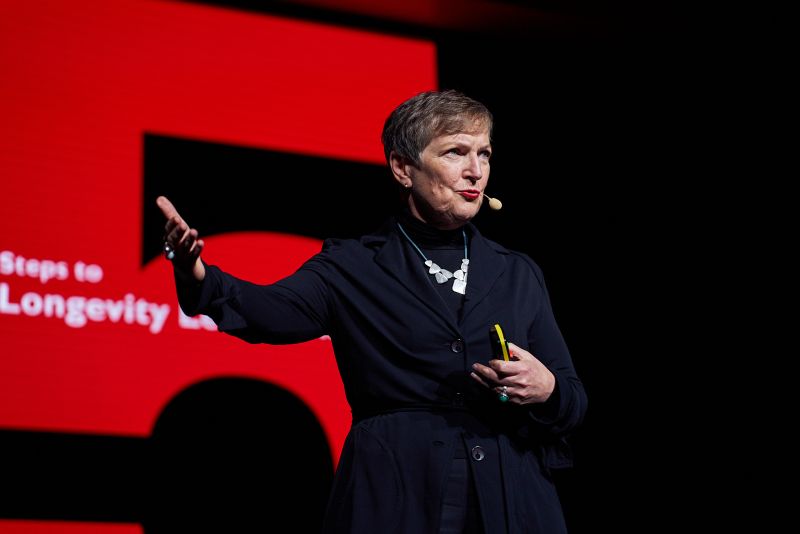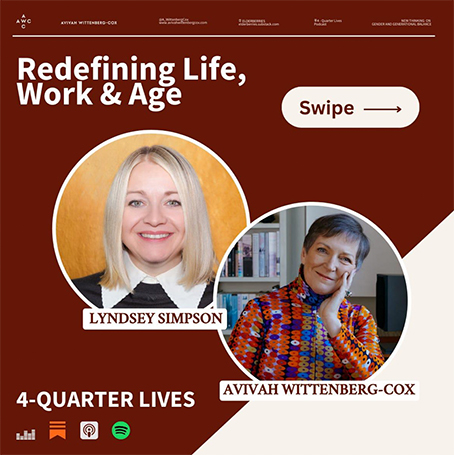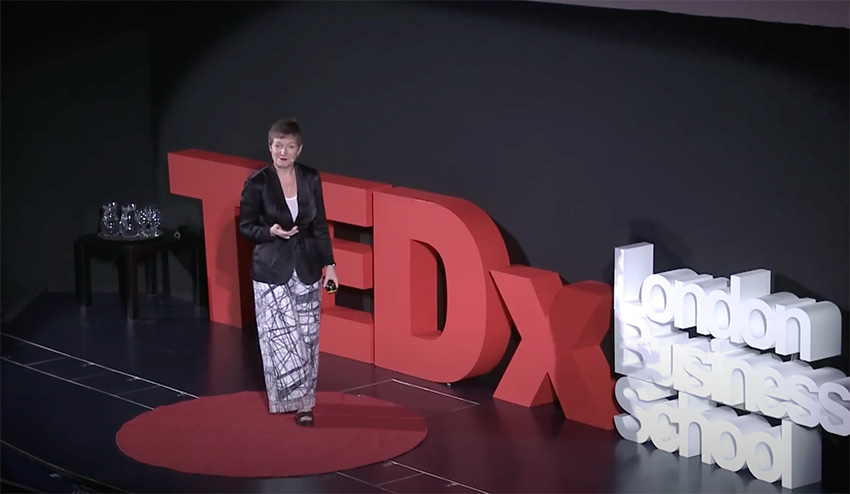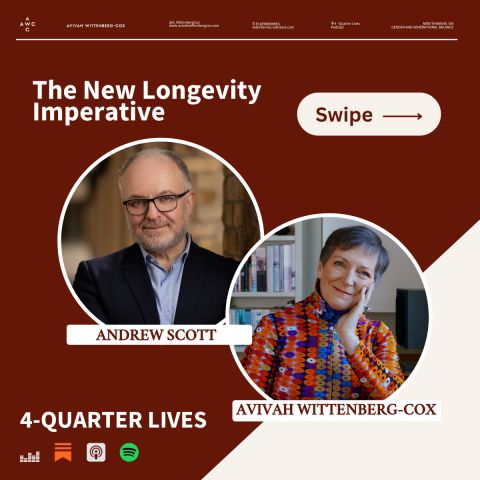In a world where longevity is redefining our lives,
Avivah Wittenberg-Cox stands at the forefront of a transformative movement. As the CEO of 20-first, a global consulting firm dedicated to unlocking the potential of gender and generational balance in the workplace, Avivah is a leading advocate for change. Her insightful contributions to
Forbes and
Harvard Business Review reflect her deep understanding of the dynamics shaping modern society, while her podcast
4-Quarter Lives, explores the complexities and opportunities within the longevity economy. She is also the writer of seven books including a series for managers to practically navigate the future of work -
5 Steps to Longevity Leadership and
Thriving to 100. With the OECD suggesting that fostering multigenerational workforces could boost GDP per capita by 19% over the next three decades, her work is not just theoretical; it carries real implications for economic growth and societal well-being.
Our interview investigates Avivah's insights on the longevity economy, her research into the intergenerational workplace, and how companies can collectively shift the narrative around mid-career growth and traditional retirement options.




